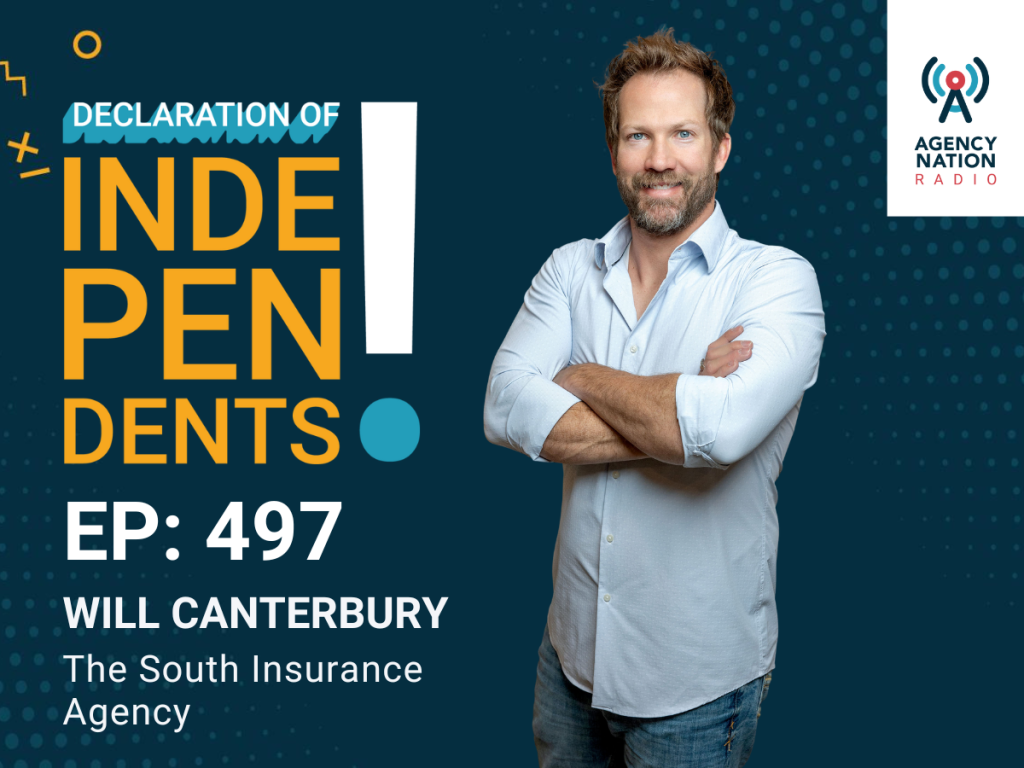Safe Space to Prevent Claims: Prioritizing Psychological Safety in Your Agency

By Shirley Zelenski
Steve Jobs was once asked what he considered to be the most important lesson he learned while at Apple. He said that based on the “data when he was at Apple,” he learned to take a “longer-term view” of people than he had in his early years. He said that when he saw something not being done right, he changed his initial reaction from trying to fix it to asking himself what he could do to help the person who was “screwing up” to learn from their mistakes.
This was, as you might imagine, a hard lesson after having earned the reputation of being an abrasive and demanding manager. In his heyday, Jobs probably hadn’t heard the term “psychological safety,” which refers to a work environment where employees feel safe to express ideas, admit mistakes and take risks without the fear of negative consequences. However, perhaps the management approach of psychological safety was where Jobs ultimately landed when speaking of Apple’s success.
Think about the employees in your agency. Do they feel safe to admit mistakes before they become an errors & omissions claim? Have you told your employees that you would rather be approached with a stupid question than be caught later in an embarrassing deposition? Does everyone know they’re working toward the same end, as a team? Are you aware of personal issues that may be impacting the decisions and performance of team members?
More on Agency E&O
If you think this is new-age nonsense and you’re doing just fine, E&O claims nightmares highlight a lack of psychological safety in an agency’s office.
According to Jim Redeker, former claims team leader for the Swiss Re U.S. Agents team, one of the most damaging and expensive issues is someone who has been hiding agency mail to avoid the responsibility of facing their mistakes. It happens more often than you would imagine.
In one particularly ugly case, an employee was found to also be hiding a lawsuit against the agency. She had been stuffing unopened mail into her desk and locking it away for months. During the discovery process, the agency owner spent an enormous amount of time looking for all the other potential bombs that may have been hidden by this individual, which delayed the case, derailed their defense and posed the real prospect of finding other potential E&O claims.
The defense counsel had the unfortunate task of responding to the overdue lawsuit and asking that the default judgment be set aside. The delay in addressing the lawsuit also hamstrung the adjuster’s ability to produce a favorable outcome.
To make matters worse, the employee at fault was long gone when the damage came to light, having quit and left the area. This meant she could not be called to testify for the agency. But even if she were available, the circumstances surrounding her departure left the agency with no desire for her to testify, fearing what she might say.

Risk management resources for Big “I” Members
What could the agency have done to avoid this scenario? At least three things: First, the agency owner could have addressed a medical issue the employee was suffering from and how it affected her job. She hid mail to avoid the consequences of her inability to keep up with her workload. Had this been addressed earlier, the employer could have eased her workload by assigning a different role.
Second, the owner could have used checks and balances to handle mail. In this case, the owner gave this person too much authority and autonomy. Third, regularly auditing employee files would have uncovered the employee’s actions, giving the owner a chance to terminate or educate.
Consider other ways of creating a psychologically safe working environment to prevent E&O claims. For example, maintain a solid procedures manual so that employees are clear on performance expectations, and engage them about procedures-manual updates as client-servicing challenges arise.
Frontline employees are the ones who make critical decisions every day—and, sometimes, critical mistakes—on behalf of your agency, so why not treat them as your most important asset? Clearly communicate that you’re there for their questions, use mistakes as a learning opportunity and demonstrate that, even though you are the boss, you’re working as a team for the success of the agency. Be proactive with consistent training opportunities.
Steve Jobs alluded to psychological safety as his most important lesson in creating the success of Apple. Make it a lesson you can learn from too.
Shirley Zelenski is vice president and senior underwriter with Swiss Re Corporate Solutions, underwriting insurance agents’ E&O coverage. Insurance products underwritten by Swiss Re Corporate Solutions America Insurance Corporation, Kansas City, Missouri, a member of Swiss Re Corporate Solutions.
This article is intended to be used for general informational purposes only and is not to be relied upon or used for any particular purpose. Swiss Re shall not be held responsible in any way for and specifically disclaims any liability arising out of or in any way connected to, reliance on or use of any of the information contained or referenced in this article. The information contained or referenced in this article is not intended to constitute and should not be considered legal, accounting or professional advice, nor shall it serve as a substitute for the recipient obtaining such advice. The views expressed in this article do not necessarily represent the views of the Swiss Re Group (“Swiss Re”) and/or its subsidiaries and/or management and/or shareholders.










